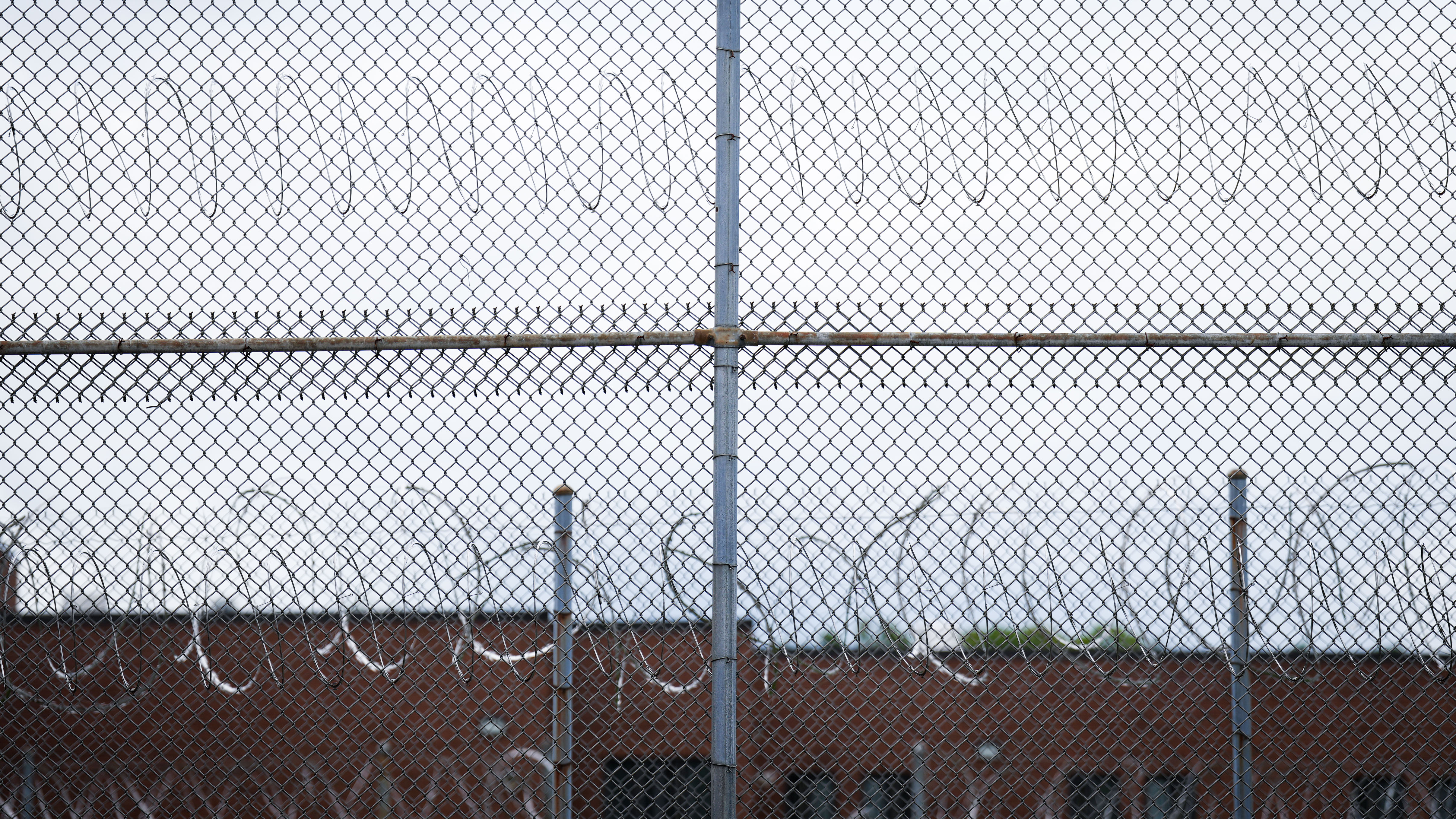CURRENT EDITION: baltimore (none)🔄 Loading BlueConic...EDITION HISTORY: No changes tracked
🔵 BlueConic: ___🔗 Query: ___✏️ Composer: ___
Baltimore Police’s new traffic unit sets sights on Virginia plates, dangerous driving
The Baltimore Police Department is rolling out a new “citywide traffic team” focused on reducing fatal crashes and dangerous driving behaviors across the city.
Baltimore Police release body camera video of nonfatal Bolton Hill shooting
A 48-year-old woman marched toward officers and threatened them with a large knife, prompting one to open fire and strike her twice in the leg, body camera footage released by the Baltimore Police Department shows.
Nearly 1 in 4 people killed by Maryland police was in mental health crisis, AG finds
Since 2021, the Maryland Office of the Attorney General has reviewed 86 cases in which someone was killed by police — and 20 of those cases involved mental health crises, according to a report released Thursday.
Federal oversight expected to diminish after Baltimore stabilizes police staffing
The Baltimore Police Department got a preliminary green light from the judge overseeing its federally mandated reforms, confirming that it’s on track to shed mandates for recruitment, hiring and technology.
Washington County: Feds’ plan for immigration detention near Hagerstown cannot be stopped
The federal government moved quickly over the last month to establish a foothold in Maryland, notifying Washington County officials of its intentions just days before inking the deed giving it full ownership of the property in Williamsport, just outside of Hagerstown.
Feds purchase warehouse near Hagerstown, fueling talk of immigration detention center
The U.S. Department of Homeland Security has inked a deal to purchase a warehouse just outside Hagerstown for $102.4 million.
‘Completely unacceptable’: Moore’s office chides Trump over Baltimore ICE facility video
Gov. Wes Moore’s office slammed the Trump administration for the conditions depicted in a widely circulated video showing an overcrowded holding cell at the downtown Baltimore field office for U.S. Immigration and Customs Enforcement.
Third Maryland prisoner is killed this month after record year
A prisoner was killed inside the Jessup Correctional Institution on Monday, representing the third prison homicide this month, state officials said.
Viral video provides rare look inside crowded ICE holding room in Baltimore
A new viral video taken inside an immigration holding room facility in downtown Baltimore is the latest proof of abusive treatment of people confined in federal custody, activists and lawmakers say.
No money for Baltimore’s budget-busting jail in Gov. Moore’s new spending plan
The proposed detention facility, which is set to be located in the city’s downtown jail complex, had been slated to receive $125 million.
‘Deliberate indifference’: Civil rights coalition sues Harford sheriff over jail suicides
A coalition of civil rights groups is suing the Harford County Sheriff’s Office, claiming that the agency failed to properly assess jail detainees’ suicide risk and aggravated their mental health conditions.
Plans for a historically expensive jail in Baltimore just got even more costly: $1.2 billion
As Maryland’s budget outlook worsens, state officials are hedging on the controversial Baltimore jail project.
Human waste dripped from ceilings, inmates dug through walls at Baltimore jail, report says
A report dated Dec. 4, 2025, details dire conditions at the since-evacuated Maryland Reception, Diagnostic and Classification Center in downtown Baltimore.
Youth detention center plagued by mice, unsanitary conditions, improper medical care: report
Unannounced inspections of the Baltimore City Juvenile Justice Center last year revealed a persistent rodent infestation, malfunctioning air conditioning, and a paraplegic child housed in the infirmary who was left sitting in his own waste.
Carjackings down, hiring up: Baltimore Police release ‘achievements’ of 2025
Baltimore Police released a year-end report Thursday celebrating everything from improvements in hiring and retaining officers to higher clearance rates.
Maryland prison killings rise to decade high amid staffing shortage
Thirteen incarcerated people have been killed by other prisoners this year, state officials said, marking the highest annual total in at least a decade.
Analysis: Baltimore homicides declined furthest, fastest in the country as killings could reach a 48-year low
Baltimore is on track to end 2025 with its lowest homicide total in 48 years, with fewer than 150 killings expected, marking a significant decline since 2022.
Baltimore Police have a ‘pattern’ of using vehicles to injure suspects, lawsuit alleges
Baltimore Police have long used department vehicles to inflict serious injuries on suspects, a recently filed lawsuit alleges.
Family of killed arabber protests after Baltimore officers cleared in shooting
The family of Bilal “BJ” Abdullah, an arabber killed by Baltimore Police this summer, are condemning the findings of state investigators who cleared the officers of any wrongdoing.
Most immigrants arrested in Maryland crackdowns have no criminal record
But contrary to the messaging from the president and his team, most of those arrested this year had no criminal history, according to a Banner analysis of newly released federal data.









